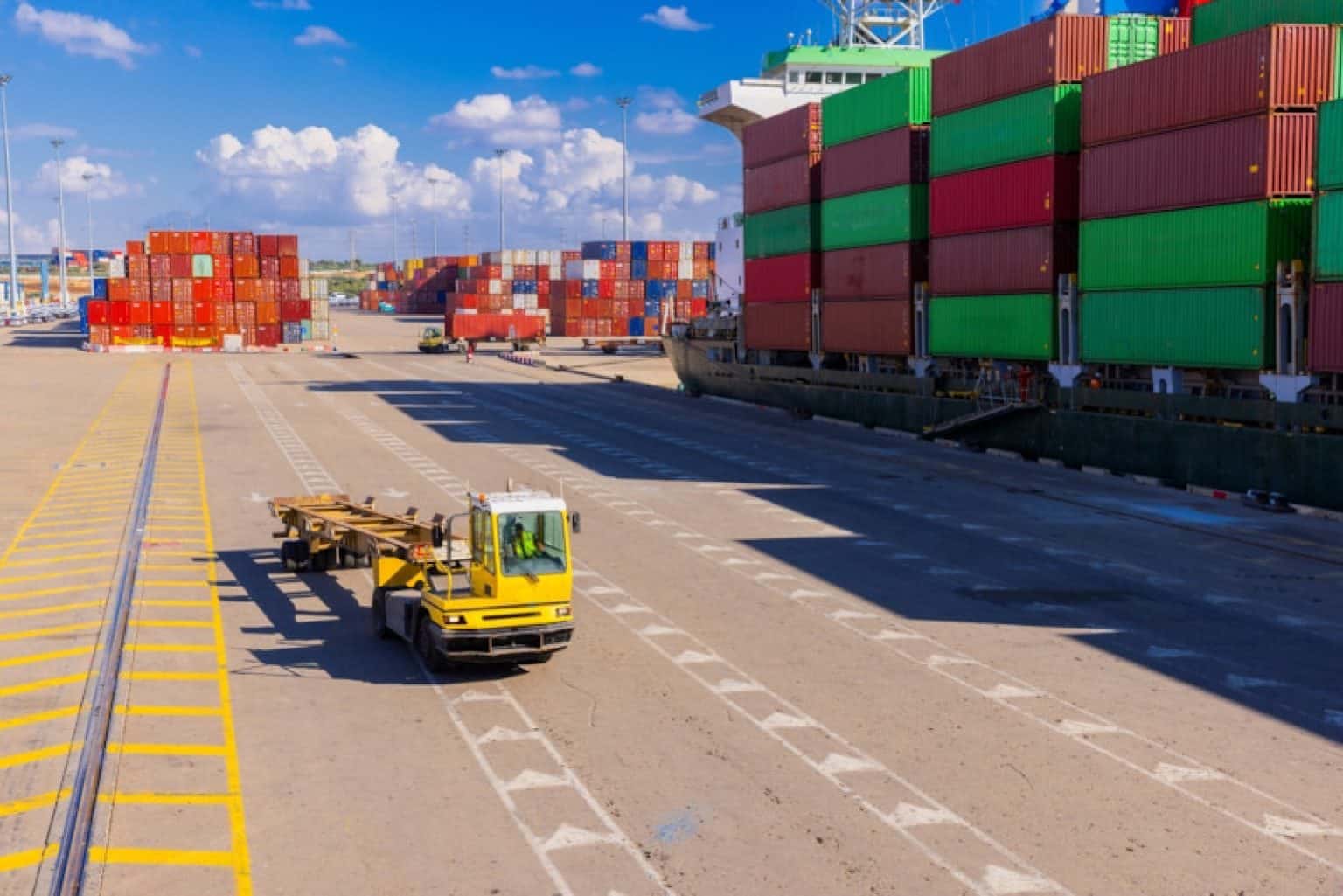Turkey’s New Maritime Barriers Against Vessels Linked to Israel
The Turkish government has introduced strict restrictions on maritime shipping to and from Israel, aiming to prohibit vessels flagged or owned by Israel from entering Turkish ports. Likewise, Turkish-flagged ships are barred from docking at Israeli ports. This dual restriction reflects a substantial tightening of maritime policies concerning Israel.
Details of the Ban and Enforcement
Although no formal decree has been publicly issued, Turkish port authorities have verbally communicated the policy to shipping agents, requiring them to submit assurance letters confirming that ships do not have Israeli affiliations or carry prohibited cargo such as explosives or radioactive materials. Specifically, ships arriving directly from or departing to Israeli ports are denied access to Turkish harbors.
As a practical example, on August 22, a cargo ship operated by Israel’s ZIM Integrated Shipping Services Ltd. was denied entry to Istanbul’s port and redirected to Greece’s Piraeus port despite carrying cargo destined for Turkey. This illustrates the immediate operational consequences such choices impose on shipping logistics in the region.
Background Trade Restrictions and Broader Context
These maritime limitations complement earlier measures where Turkey ceased nearly $7 billion worth of bilateral trade with Israel, suspending several product categories pending progress towards a ceasefire in Gaza. Notably, Turkey also declined to coordinate humanitarian aid through Western-led channels, instead proposing direct maritime aid to Gaza-controlled territories, further complicating regional diplomatic and logistical dynamics.
Practical Consequences for Shipping and Logistics
This new status quo is forcing carriers, freight forwarders, and logistics planners to reconsider their routes and shipping strategies in the Eastern Mediterranean. Vessels previously operating between Turkey and Israel now face forced rerouting, potentially adding days, costs, and operational complexity to cargo deliveries.
Such disruptions ripple beyond just maritime operations. The need for alternative ports, transshipment centers, and logistical hubs rises, impacting container handling efficiencies and the broader supply chain involving international freight and haulage services.
| Aspecto | Impacto |
|---|---|
| Shipping Routes | Ships must avoid Turkish ports for Israeli cargo; rerouting via alternative Mediterranean ports increases transit times. |
| Manipulación de Carga | Increased reliance on ports like Greece’s Piraeus to serve as interim hubs, impacting workflow and storage. |
| Cost Implications | Longer routes and additional transshipment elevate freight charges, affecting importers and exporters. |
| Trade Relations | Earlier trade bans combined with shipping restrictions impede bilateral commerce, reducing market access. |
Wider Effects on Regional Freight Movement
Because Turkey sits astride key Mediterranean shipping corridors, its port policies significantly shape regional logistics patterns. These new constraints could prompt freight operators to explore overland routes or alternate maritime paths, shifting the flow of pallets, containers, and bulky goods.
Furthermore, cargo transfer points within Turkey’s ports, long vital for shipments to and from Middle Eastern destinations, now face uncertainty. Such changes emphasize the delicate balance between geopolitical developments and the smooth functioning of global envío y reenvío.
The Importance of Strategic Flexibility in Logistics
In light of these barriers, companies involved in international envío, carga forwarding, and distribución will find adaptability all the more critical. Diversifying transport modes, from maritime to rail or road, and choosing versatile logistics platforms will be necessary to mitigate supply chain disruptions.
This is where platforms offering a wide spectrum of transport services prove invaluable. With carga a granel, household moves, or vehicle transport—all potentially affected by political and port access factors—having scalable and reliable solutions is key to maintaining efficiency.
GetTransport.com: Simplifying Logistics Amidst Change
GetTransport.com stands out by connecting users with affordable and flexible options for global cargo transportation. Whether it’s moving office equipment, delivering large parcels, or handling complex relocation tasks, the platform enables informed decisions backed by competitive pricing, broad coverage, and transparent booking processes.
Reflections on Shipping Restrictions and Logistics Realities
While official reviews and analyses provide a framework for understanding these shipping changes, there’s no substitute for real-world experience navigating the evolving maritime restrictions. Shipping operators know well how sudden policy shifts can reverberate through routes, freight costs, and delivery times.
By utilizing services like GetTransport.com, logistics professionals and businesses can stay ahead, harnessing extensive choices and convenience to avoid avoidable expenses and sidestep potential disappointments. This transparency and practicality align perfectly with today’s fast-changing shipping landscape. Reserve su transporte de carga con GetTransport.com to ensure smooth, affordable, and reliable transport worldwide.
Mirando hacia el futuro: el impacto en la logística global
At a global scale, this ban may not radically reshape major shipping lanes, but its regional significance is undeniable. For Turkey, a crucial hub in east-west maritime trade, these changes reflect how political developments directly influence logistics networks.
GetTransport.com’s commitment to tracking such shifts and offering practical, cost-effective solutions means clients can plan and secure their freight deliveries with confidence no matter the external challenges. Empiece a planificar su próxima entrega y asegure su carga con GetTransport.com.
Resumen
Turkey’s implementation of barriers on maritime shipping connected to Israel represents a significant change with tangible effects on regional freight movement. The prohibition of Israeli-flagged or owned vessels from Turkish ports, alongside the reciprocal exclusion of Turkish ships from Israeli ports, reshapes shipping routes and introduces new logistical challenges. Ports beyond Turkey, such as Greece’s Piraeus, are taking on greater roles as hubs, disrupting established supply chains.
These evolving dynamics underscore the critical nature of flexible, transparent, and affordable freight and cargo solutions. For businesses and operators managing shipments, whether containers, pallets, or bulky goods, adaptability is crucial. Platforms like GetTransport.com provide an invaluable resource in navigating such complexity, offering reliable and cost-efficient global transport options for everything from house moves and vehicle transport to commercial freight forwarding.

 Turkey Enforces Maritime Shipping Restrictions Affecting Israeli Ports and Vessels">
Turkey Enforces Maritime Shipping Restrictions Affecting Israeli Ports and Vessels">